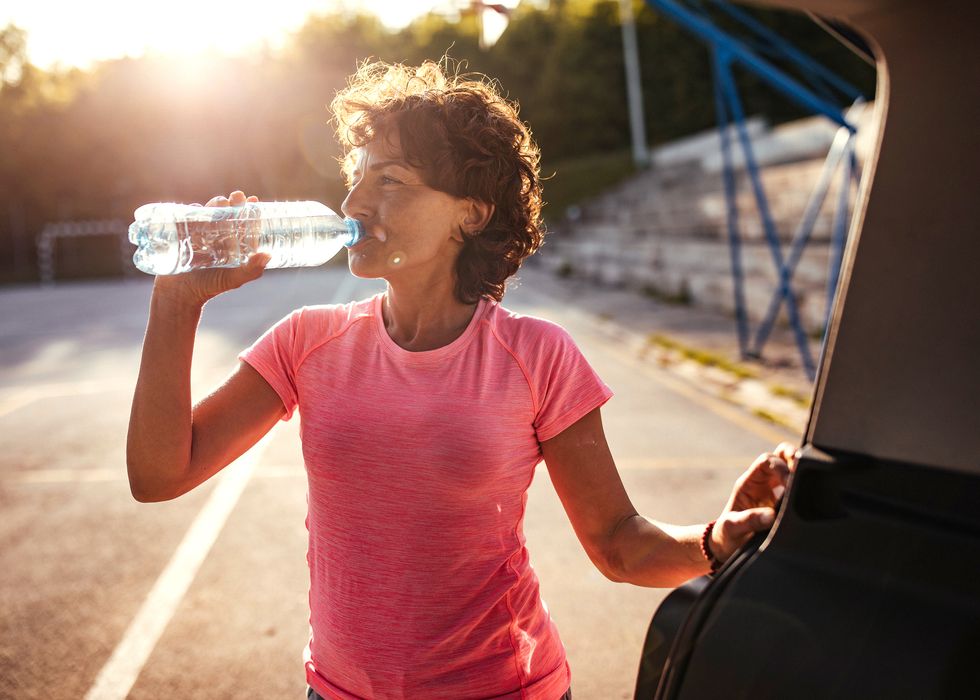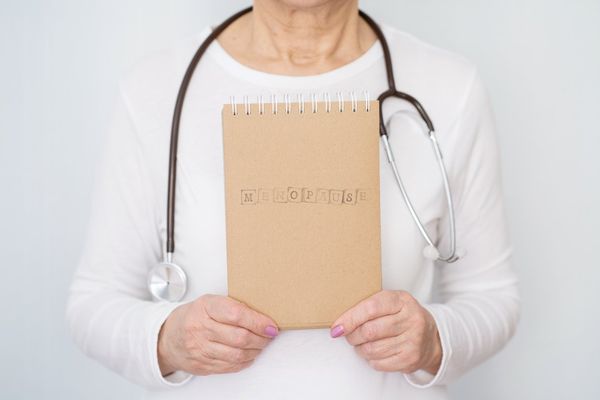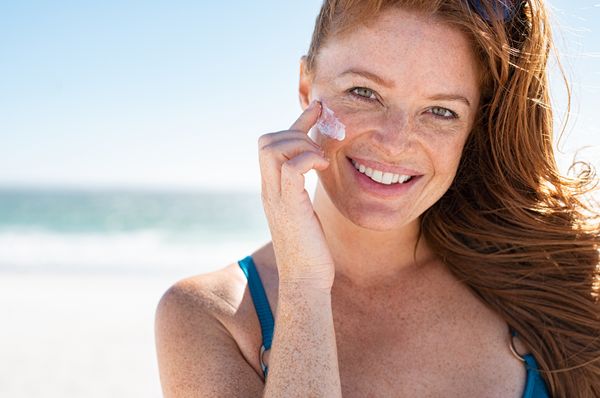How much water do we really need?
With the hotter weather upon us, I thought it would be a good time to dive into the sometimes confusing topic of water consumption.
Drinking eight glasses of water a day is ingrained in our minds, and many of us use it as one of our golden rules of health.
But it is one rule you can pour down the drain.
Fact: Individual needs for hydration vary.
The eight-glasses-of-water-a-day "rule" is not a rule at all. It's merely a suggestion.
Because water is our body's principal chemical component and makes up about 60 percent of our body weight, it's necessary for survival.
Of course, there are myriad reasons we need water:
- It helps your body get rid of wastes (through urination, perspiration and bowel movements).
- It helps regulate your body temperature.
- It lubricates and cushions your joints.
- It protects sensitive tissues.
But you can't count on thirst alone:
- As you age, your sense of thirst diminishes. Because of this, it's easier to become dehydrated.
- Signs of dehydration are not just thirst. They can also include lethargy, dry mouth and tongue, rapid heartbeat, sunken eyes and/or cheeks, sleepiness, fainting, rapid breathing, irritability and confusion.
Don't like water? You can get hydration by other means:
- Certain fruits and veggies are high in water content, especially apples, cucumbers, watermelon, iceberg lettuce and celery. Also high are broccoli, green cabbage, squash and eggplant. Eating lots of them can count toward about 20 percent of your hydration needs.
- Contrary to popular belief, drinking coffee and tea count toward your water "requirement." So do soup, juice and milk.
- Flavoring water with things like cucumbers, strawberries or citrus fruit can make it more palatable. Or try freezing pureed strawberries, lime juice or basil in ice cube trays and add to seltzer.
So, how much to drink? Here are some basic guidelines:
- Consider your body weight. A person who weighs 200 pounds needs more water than someone weighing 140, for example.
- Consider your activity level. Someone who runs three miles a day will need more water than a person who takes long walks a few times a week. Aim for between 7 and 10 ounces every 10 to 20 minutes during exercise (add more the harder you work), and drink before, during and after a workout.
- Consider your metabolism. If it's fast, you'll need more water than if it's slow.
- Consider where you live. People who live in warm climates need more water than people who live in colder climates. You'll also need more water during a heat wave.
- Consider your health. If you have a fever, you'll need to drink more water; add 3.5 to 5 ounces of fluid for each degree your temperature rises.
- Consider your alcohol consumption. Drink one glass of water for each alcoholic beverage you consume.
Most women need about 92 ounces of fluid—from food and drink combined—each day, and men need to add about 34 ounces to that number, according to the National Academies of Sciences, Engineering, and Medicine. But again, it's only an estimate.
One thing you can count on is the "urine test": Urine should be almost clear. Dark yellow urine or urine that has a strong odor is a good indicator you are not drinking enough.







